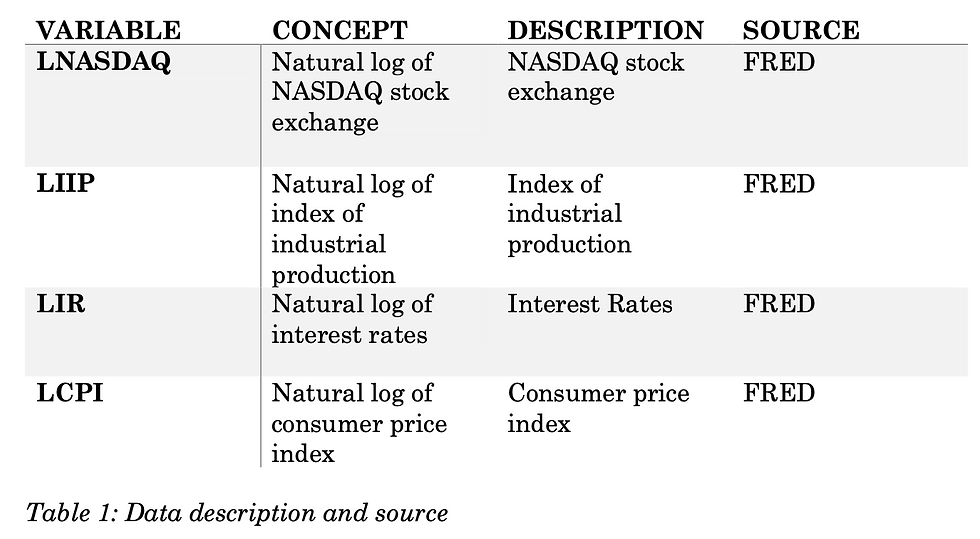Western Balkans Politics
- Loredana Mehmeti
- Apr 7, 2020
- 3 min read
Earlier this week I had the great pleasure of meeting Mrs Majlinda Bregu and discussing some of the most pressing political and economical issues of Western Balkan. I was delighted to hear that female labour participation will be a large part of Mrs. Bregu’s agenda for this year as she believes that women are key to unlocking the economic potential of all Western Balkan countries, including Albania.

Without further ado, let’s have a look at Mrs Bregu’s responses to my questions.
Mrs Bregu, Western Balkan countries have some of the lowest female labour participation and employment rates across Europe. What do you think are some of the main reasons that explain this low participation and employment rates among women?
Answer: Guaranteeing women's economic and social rights by creating an empowering environment for their fair and active participation in politics, economy, ICT and every other field has definitely not been a priority for Western Balkans. Women unemployment in this region is around 60%, when young women are more likely to be out of education, training or employment. Studies show that every year, Western Balkans lose an average of 18% of their total GDP due to gender gaps in the labour market -this is more than the total GDP of Serbia! Two-third of this loss is due to costs associated with gaps in labour force participation. This year’s analysis also warns about the possible emergence of new gender gaps in advanced technologies.
Other reason that explains the low participation and employment rates among women is lack of sustainable policies helping women to step up their skills and adapt to a fast-changing labour market. There is a big mismatch in the labour market(s) between the demands and offered sets of skills and knowledge. Almost half of the students in the region enrol into the Humanities, Social Sciences and Business study programmes (49%) and only 24% of them choose Science, Technology, Engineering, and Math (STEM) subjects, which stems this market mismatch of the needs and capacities. These figures ring the bell of low level of female employment, which requires a timely intervention to tackle the future challenges and close the gap on employment of women and men. A regional reaction is needed as there is a lack of specific policies, and the region is still unprepared for the upcoming digital development.
What is the RCC (Regional Cooperation Council) doing to increase the female labour participation in the Western Balkan?
Answer: RCC supports the establishment of the Western Balkans Network of Women in STEM, aiming to enhance regional dialogue, cooperation and knowledge exchange; support the development of policies, incentives and monitoring mechanisms geared to contribute towards increased participation of women in STEM, and replicate the existing models of good practice of establishing women in STEM networks. The good practices would enable women engaged in STEM to network, provide mentorship to each other, develop recommendations for the institutions on supporting enrolment of women in STEM study programmes, ensuring completion of their studies, access to careers, professional development and career progression, including in leadership positions.
RCC has embarked on the initiative to listen to women and empower women in the region and make their ideas and businesses a market competitive category. During 2019 RCC launched the Women Empowerment - WE- campaign which has in focus women who face obstacles, who are facing social struggles, but are pioneers of reconciliation through economic development.
As someone who has occupied high power positions with great influence and authority throughout your career, do you have any advice for young aspiring women?
Answer:
Equal contribution of women and men in the process of deep political, economic and societal transformation of our region is critical. It is a responsibility of women to be active participants in planning the shared European future of our region. My advice would be simple: Just to follow their passion and refuse to take no for an answer, instead work hard every day to build the future. There is no limit to what women can achieve if they support, promote and empower one another.



Comments